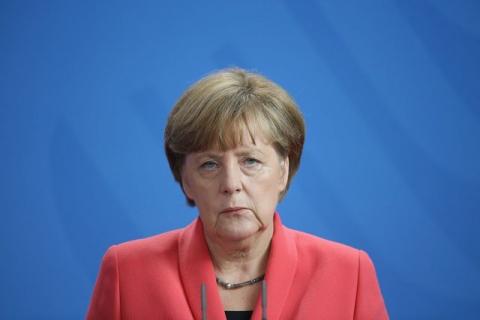"Germany wants to get directly involved in solving Kosovo issue"

According to Milivojevic, Merkel showed this by inviting Serbian President Aleksandar Vucic to Berlin, but also by inviting Kosovo's newly elected Prime Minister, Albin Kurti.
He added that in doing so, Germany wants to make clear that this is a European issue, but also that it is interested in pursuing its interests and goals, both on its own and on behalf of the EU. Germany is in a hurry, Milivojevic adds, for two reasons - first because Germany will hold the EU presidency in the second half of the year, so they want progress in that field, and second because Chancellor Merkel is in her final year in office.
"Merkel is now in a position to transfer her influence to this issue and achieve the result at this very moment," Milivojevic said, adding that Chancellor Merkel's authority is undeniable, her influence is still strongest in the EU.
Milivojevic sees the announcement of the appointment of an EU envoy for the Belgrade-Pristina dialogue, who is already certain to be Berlin-led, as a commitment by Germany, which has a leading role in the EU, that this area should remain under EU competence and that this region should, above all, be part of the European integration process, in line with the geo-strategic interests of the Union and because traditionally this area is the sphere of influence of Germany.
Asked how much influence German Chancellor Angela Merkel has on Kosovo's newly appointed Prime Minister Albin Kurti, and whether she can "push" him to suspend tariffs and discuss a compromise solution, Milivojevic says he sees three motives for Germany in talking to Kurti.
"The first is that she is directly involved because of her interests, the second is that Kurti says he will lead the next negotiations and will obviously insist on it...
- Log in to post comments






